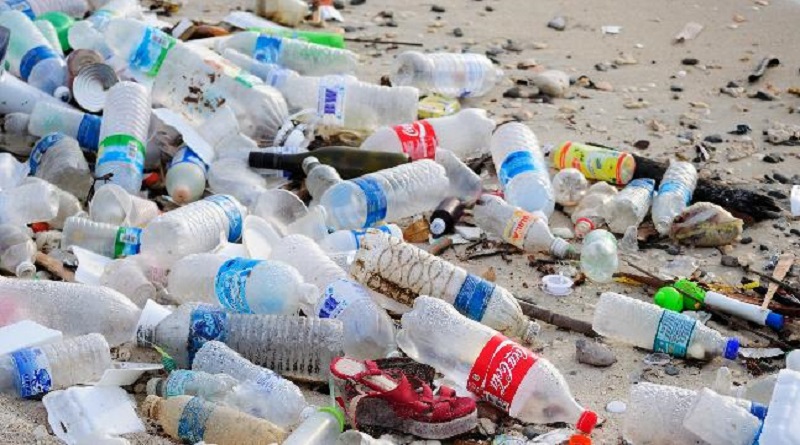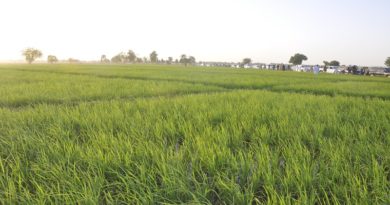Guatemala joins the Clean Seas campaign, steps up efforts to beat plastic pollution
Guatemala has joined the Clean Seas campaign – led by UN Environment – to reduce plastic pollution in the oceans, Minister of Environment and Natural Resources of Guatemala, Alfonso Alonzo announced recently.
The announcement was made on the sidelines of the XXI Meeting of the Forum of Ministers of Environment of Latin America and the Caribbean, which took place in Buenos Aires, 9 -12 October.
“Guatemala is actively fighting plastic pollution through innovation and community participation. We want to invite all the countries in the region and in the world to join these efforts to preserve healthy oceans for future generations”, said Minister Alonzo.
“The Latin American and Caribbean region is setting an example in the fight against plastic pollution. The countries of the region are promoting bold legislative initiatives and innovative technologies to curb the use of single-use plastics. We are excited to have Guatemala join us in the fight against ocean pollution,” said Leo Heileman, UN Environment Regional Director for Latin America and the Caribbean.
Guatemala is stopping plastics from entering the oceans using an innovative tool: artisanal bio-fences – crafted with recovered plastic debris – that are installed in rivers. These nets are helping to collect plastic waste and make iseasier for the community to adequately dispose it or recycle it.
The pioneer in the use of bio-fences is the community of El Quetzalito, located near the mouth of Guatemala´s largest river, the Motagua, flowing to the Caribbean Sea. The initiative has helped residents to create new sources of income through recycling or upcycling.
Poor waste management in the Motagua River Basin has threatened ecosystems in neighbouring Honduras. Currently, both countries are part of the Clean Seas campaign and are working together to beat pollution in the Caribbean Sea.
Honduras, along with the Dominican Republic and Panama, has already adopted the Guatemalan bio-fences.
“Bio-fences are a response to pollution, but we want to attack the problem at its root: increasing the wastewater treatment facilities, and drastically reducing the individual consumption of plastics through education,” added Alfonzo.
Around 13 million tonnes of plastic end up in our oceans every year, poisoning our fish, birds and other sea creatures. That’s the equivalent of one garbage truck of litter being dumped into the sea every minute.
In Latin America and the Caribbean, 17.000 tonnes of plastic waste end up every day in informal dumps or in the environment, according to the UN Environment report Waste Management Outlook, launched this week in Buenos Aires.
Countries around the world are working on innovative solutions to tackle marine litter and making firm commitments on everything from creating marine reserves to adopting national plans on recycling and waste management.
More than 50 countries have signed up to the #CleanSeas campaign, 16 of them are from Latin America and the Caribbean: Argentina, Barbados, Brasil, Chile, Colombia, Costa Rica, Dominican Republic, Ecuador, Granada, Guatemala, Guyana, Honduras, Panamá, Perú, Saint Lucia and Uruguay.




